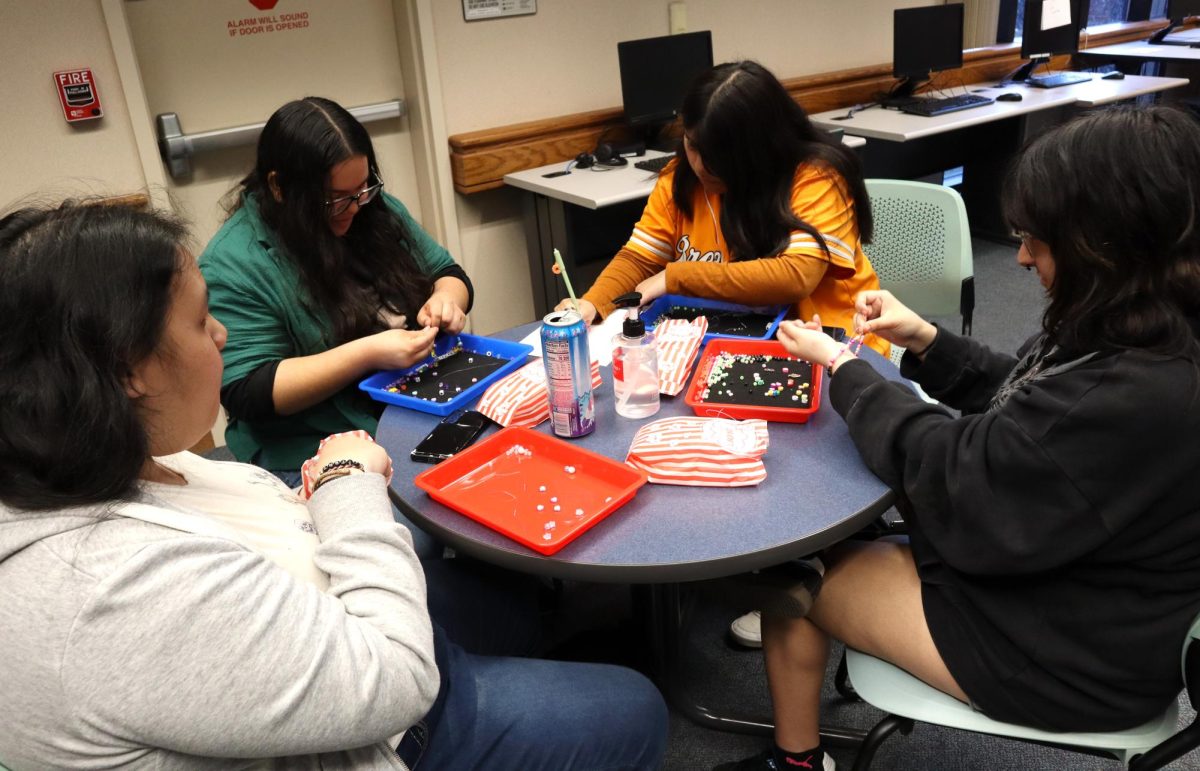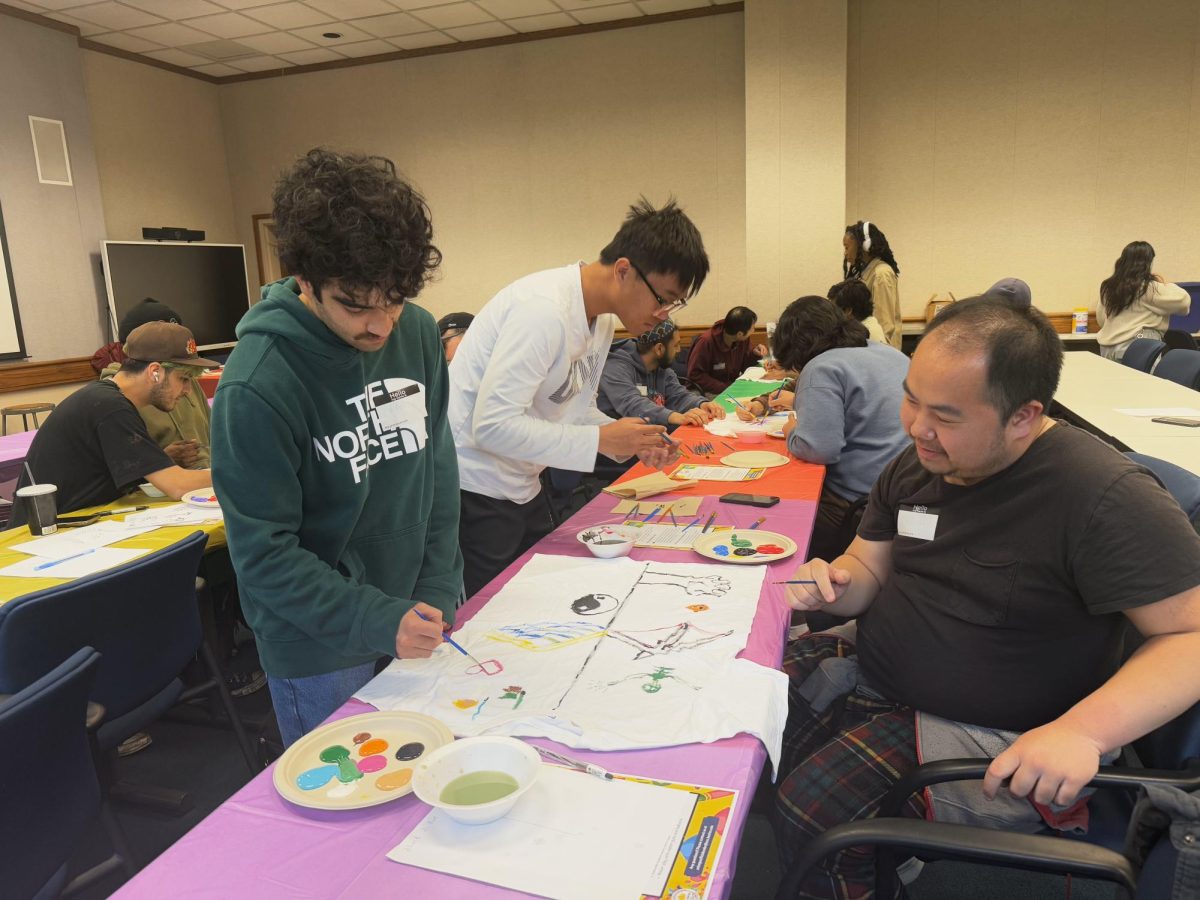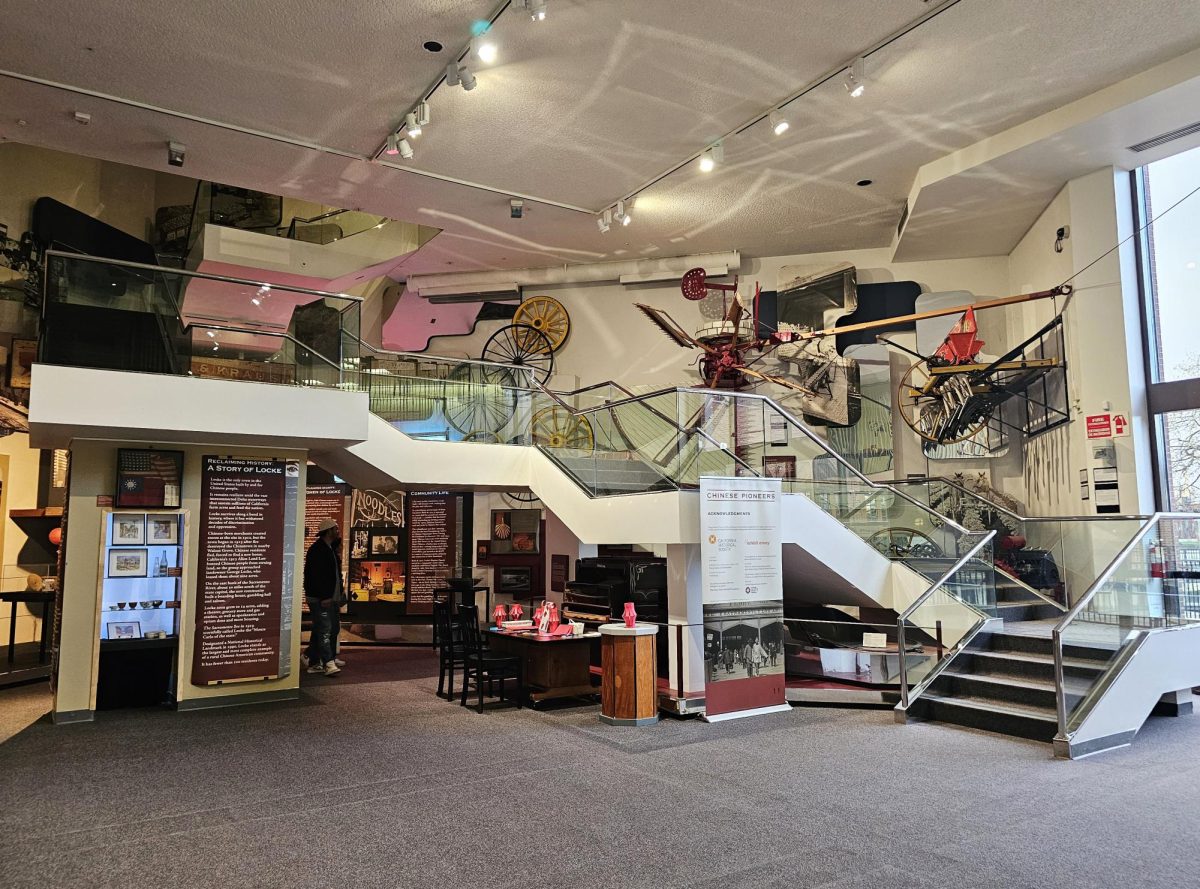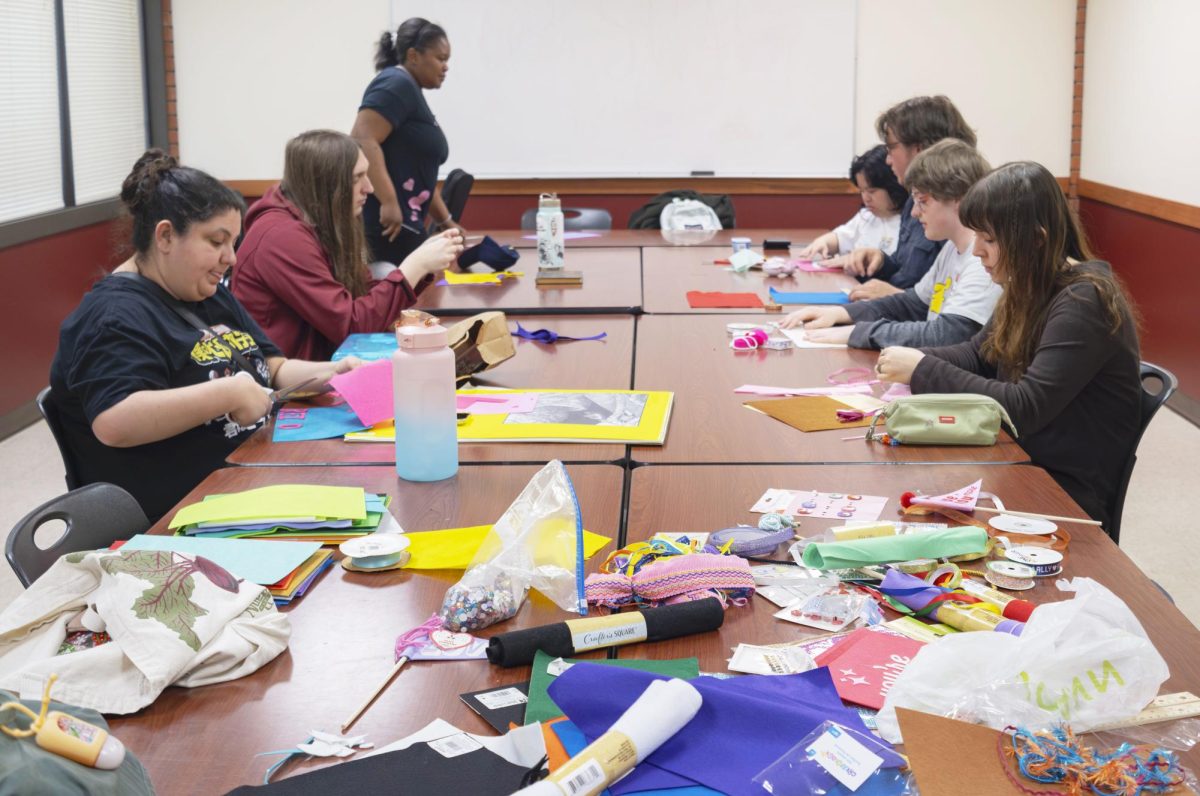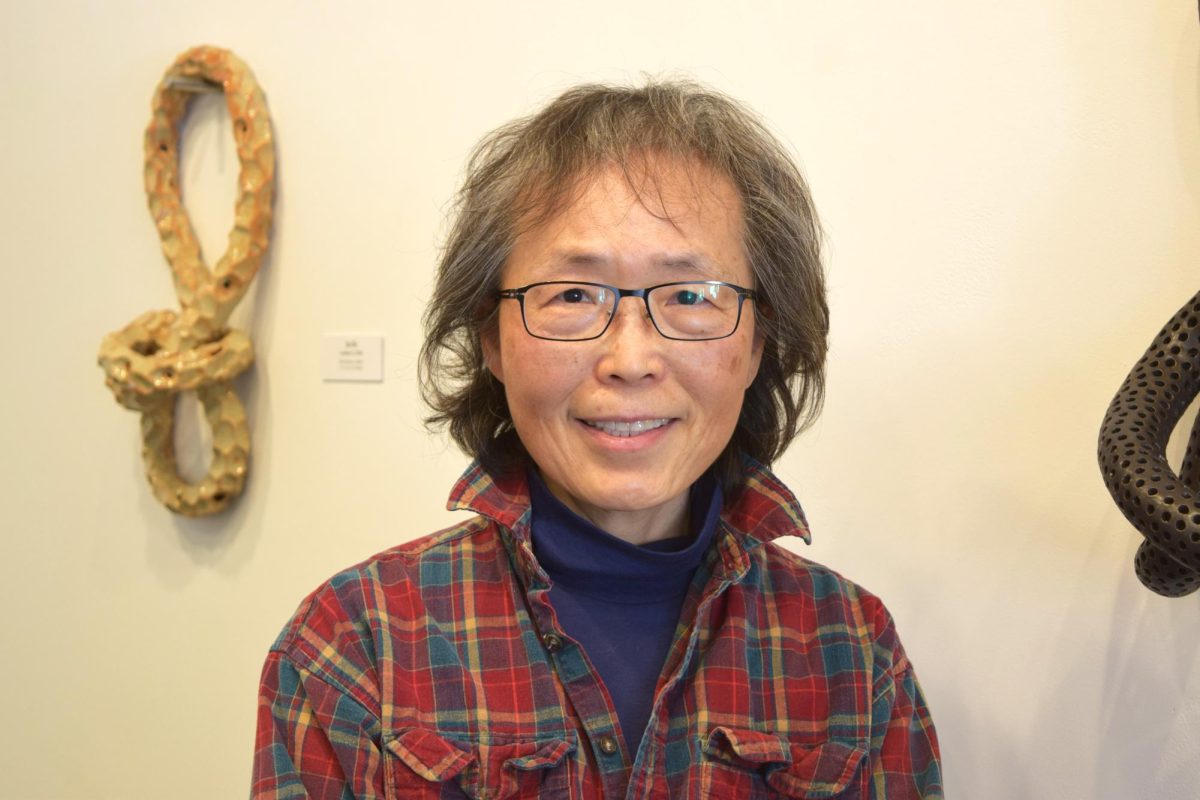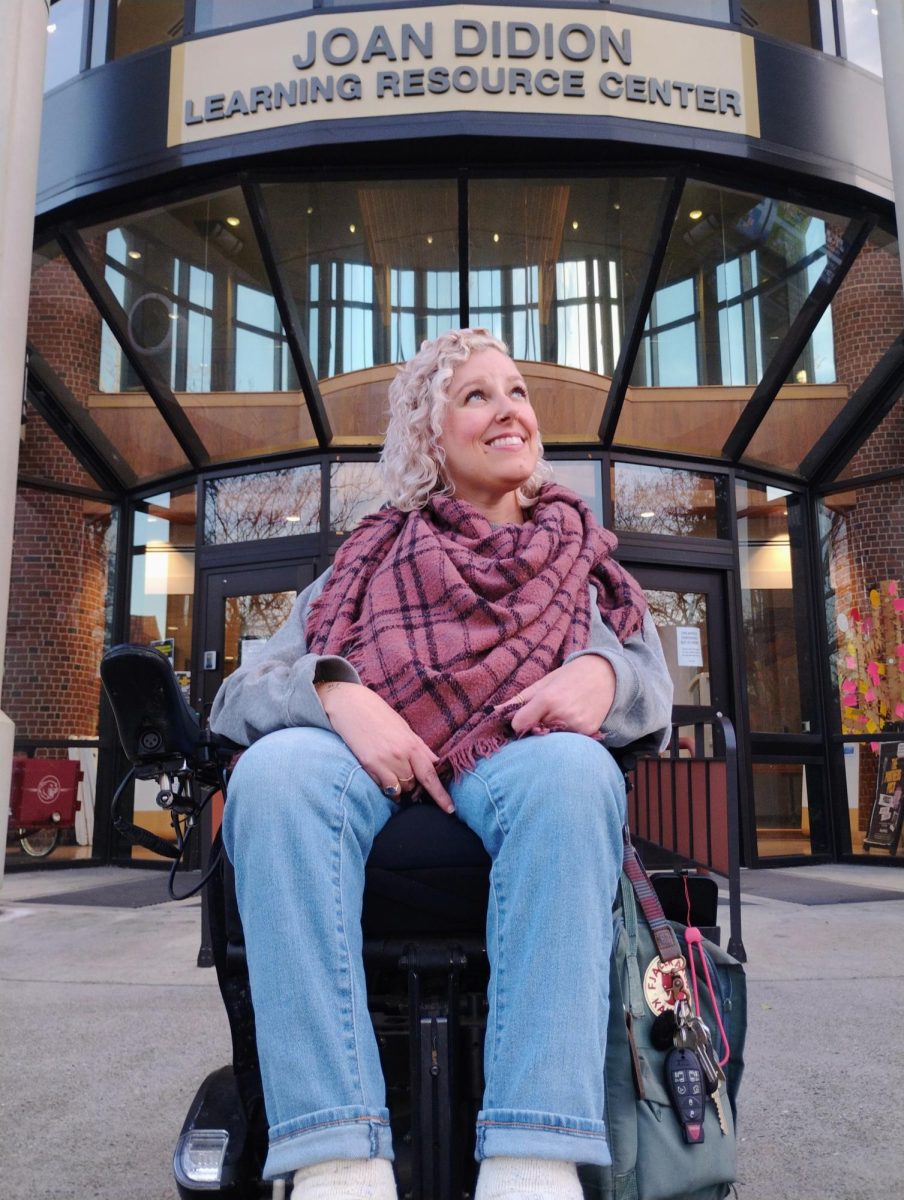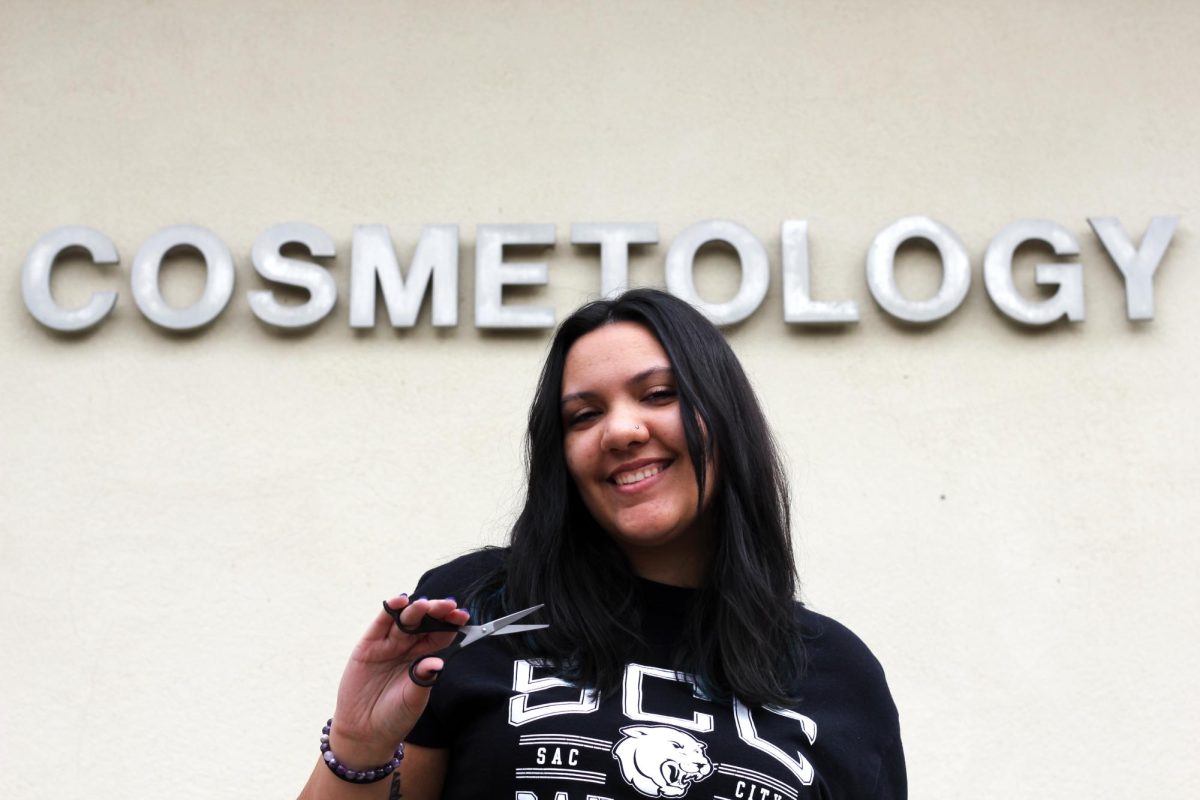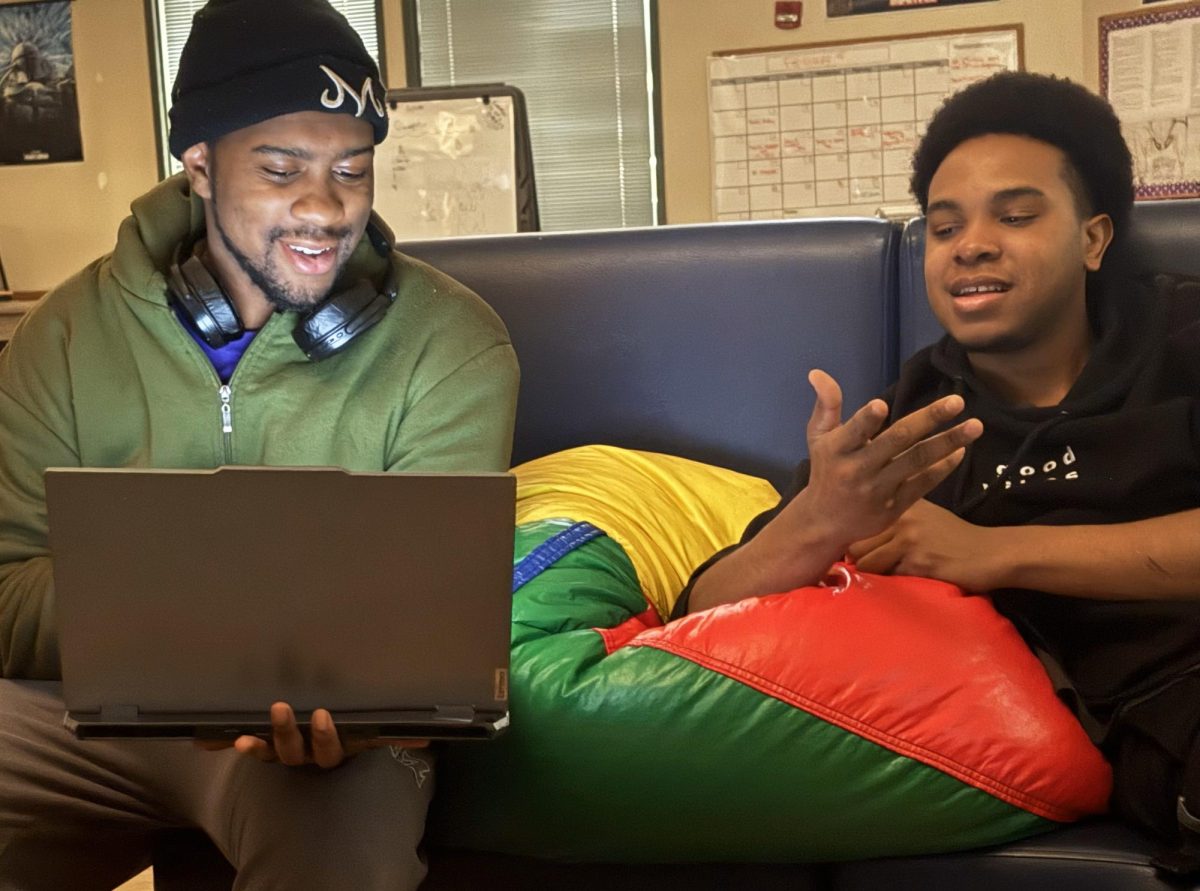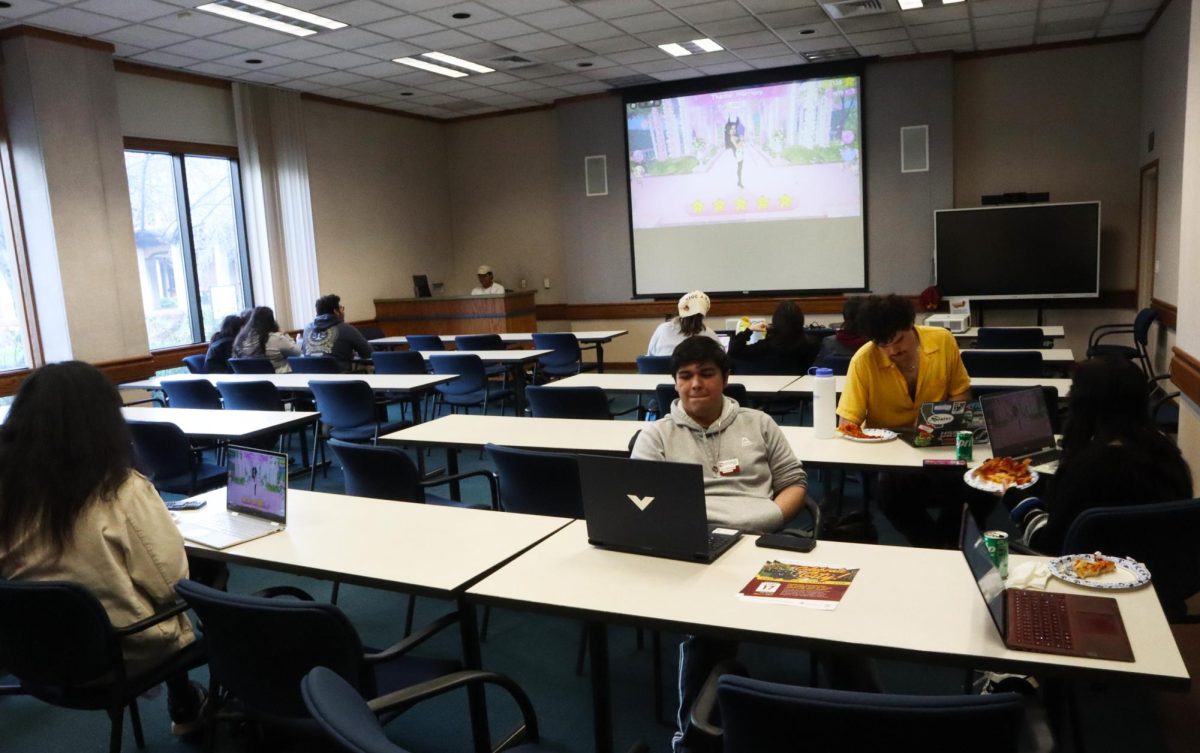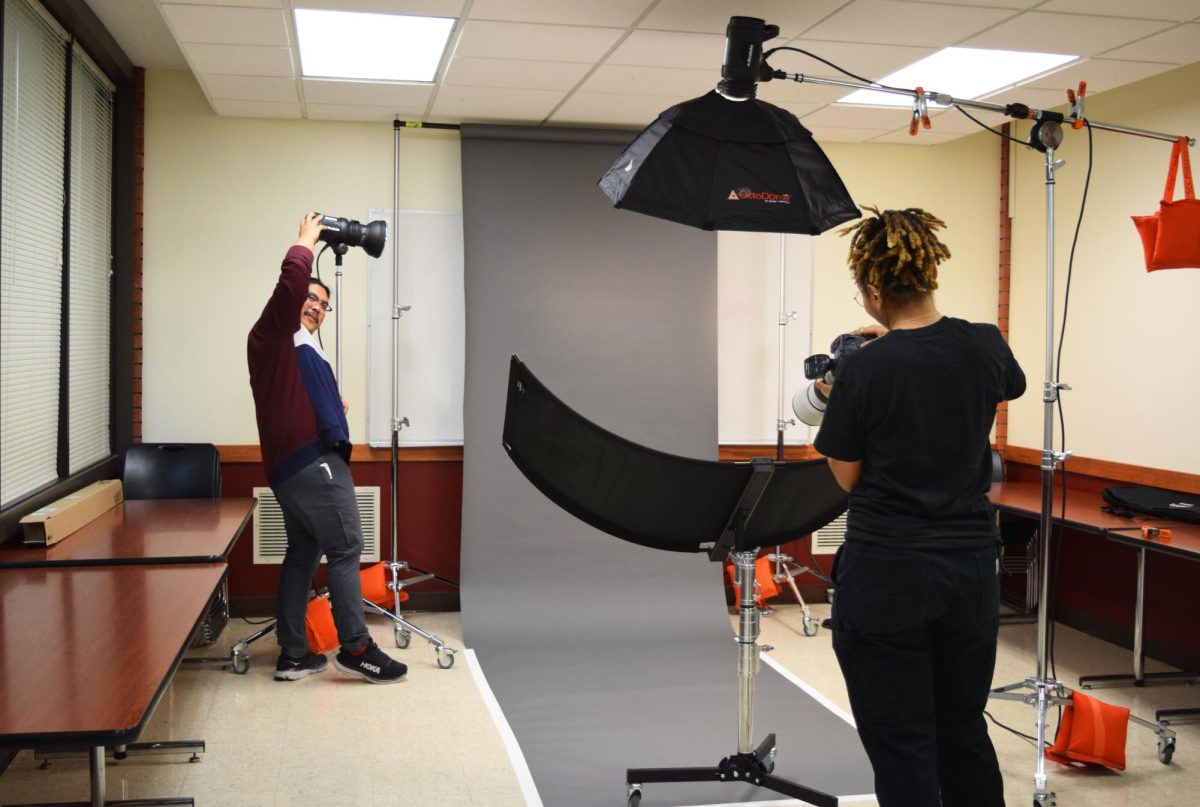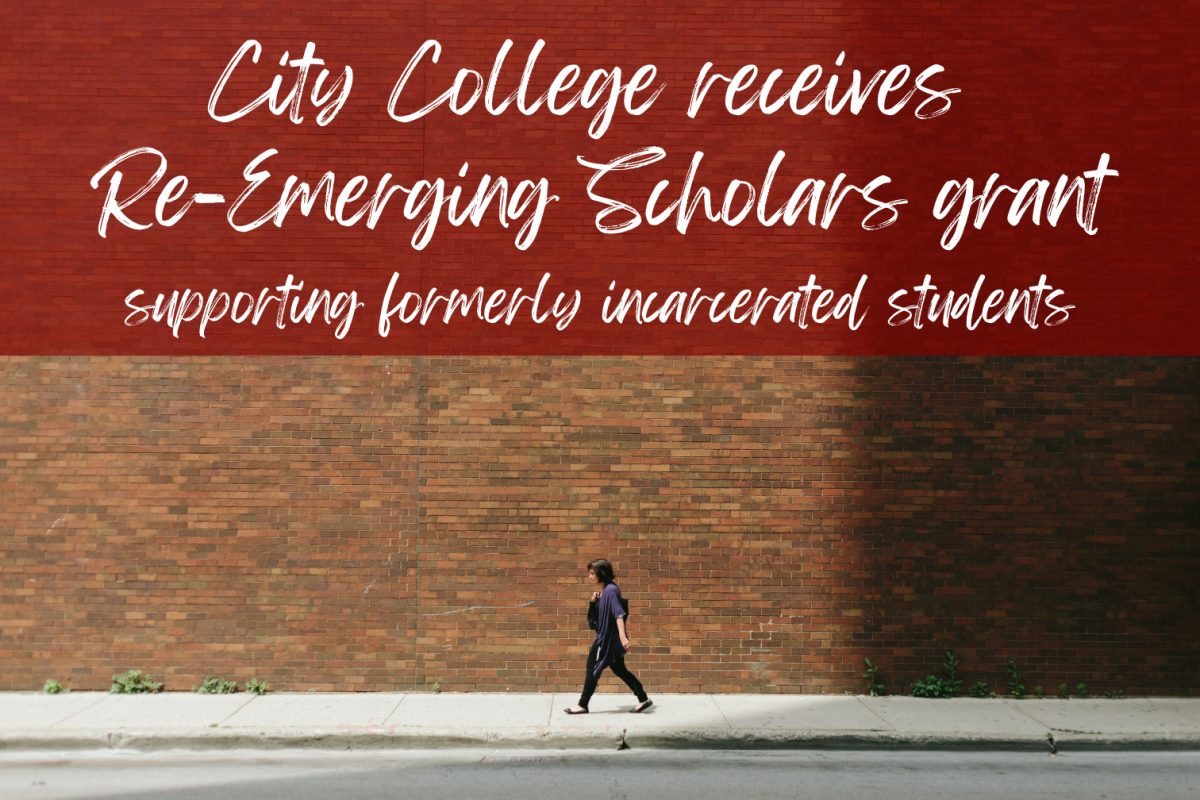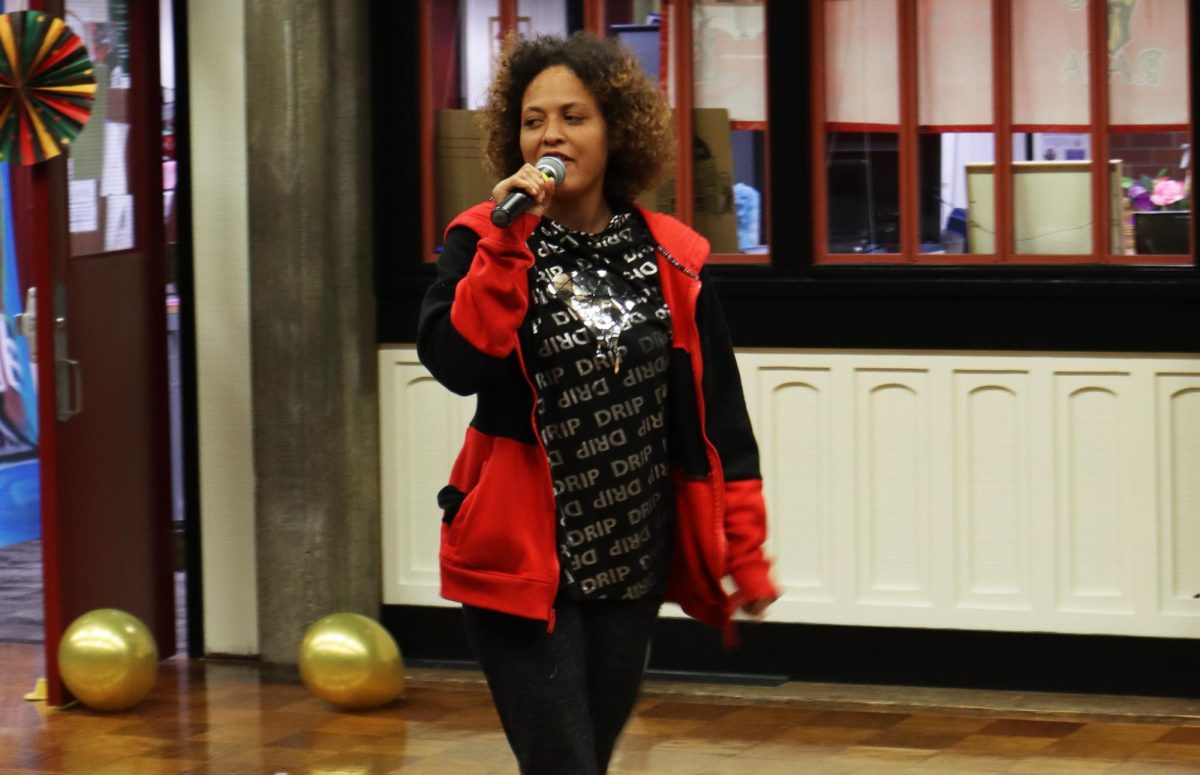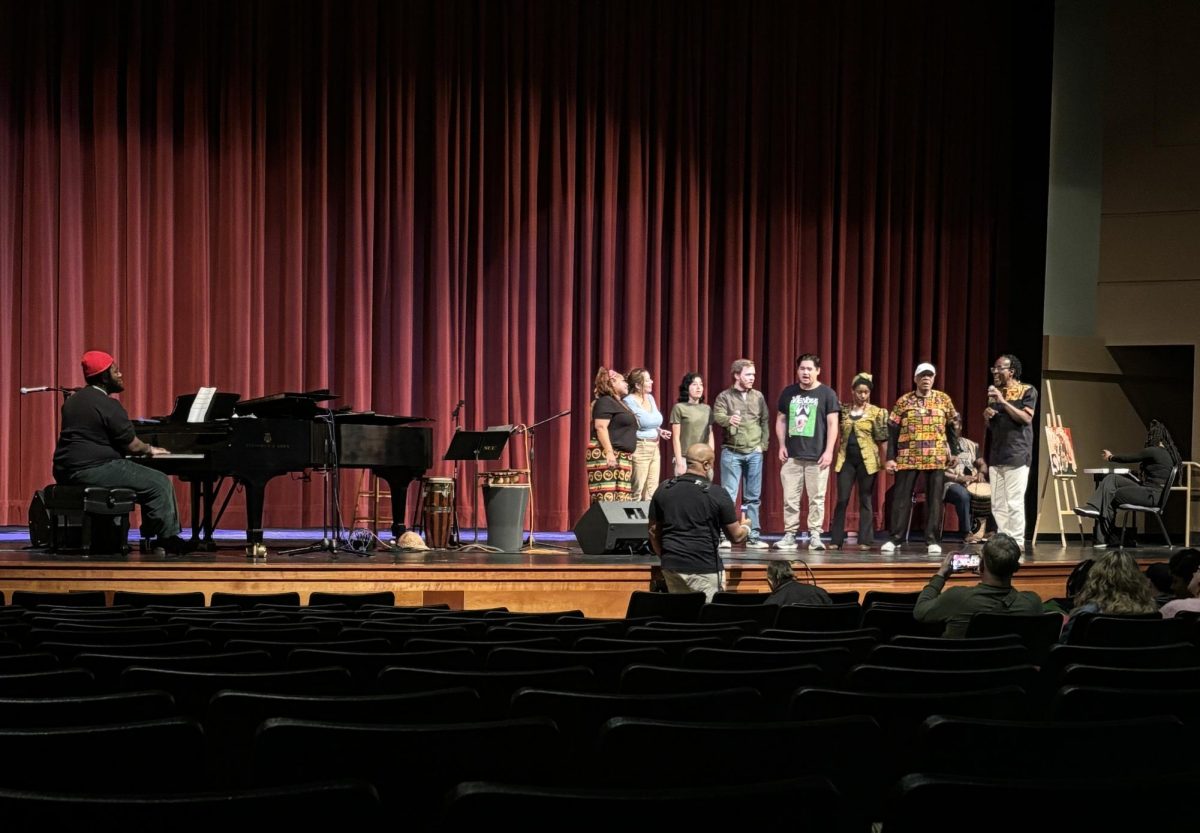When a formerly incarcerated intern with an interest in public speaking gave a talk in front of about 150 probation officers, his former probation officer who was in the audience was blown away by the intern’s progress since he was on probation, says City College sociology professor Shane Logan.
City College’s Re-emerging Scholars program is a re-entry program for formerly incarcerated students that offers career training, counseling and social services, including individual and group therapy, social development workshops, and professional development workshops.
The program came to fruition in 2016, when Logan and his fellow sociology professor Nicholas Miller started the program together. Out of 20 colleges with the most involved programs for the formerly incarcerated, City College is the only school with a full learning community and cohort, according to Logan.
When the Re-emerging Scholars program began it received funding from the California Wellness endowment, a philanthropic nonprofit organization.
The program has also been provided with a $113,000 grant from the California State Chancellor’s Office’s Rising Scholars Network, a group of schools in the California Community Colleges system that serves students impacted by the criminal justice system.
Currently, Rising Scholars Network offers the Re-emerging Scholars program continual funding for the next three years to help build the program back to what it was before the pandemic.
As the Re-emerging Scholars Program’s funding is independent from the funding for City College, the grant that funds the program is very important. Miller and Logan have control over the budget, while City College supports the program by providing office space.
Logan and Miller were once co-advisors of the sociology club at City College. In the club, a number of formerly incarcerated students wanted greater focus on the issues relating to their experience in the prison system.
Wanting to expand support for formerly incarcerated students, Logan presented at a local re-entry organization. From there, 10-12 students who were recently released and on ankle monitors started Logan’s sociology class.
Logan says they were the most eager students he had ever taught, and they showed up to optional lectures while students did not. Their educational outcomes, however, were limited by the challenges they faced in re-entry.
“Unfortunately, their success didn’t match their level of eagerness, and that was because they were juggling all of these outside negative social forces, dealing with their parole officer, dealing with drug court, dealing with pending court cases, etc.,” Logan says.
This is where Logan and Miller focus their help to bridge the gap for formerly incarcerated students. With that focus in mind, they changed the sociology club into the re-emerging students club for formerly incarcerated students. While the club was successful in giving formerly incarcerated students a sense of belonging, and still, not a lot of change in their educational outcomes was seen.
Logan and Miller then changed the re-emerging students club into a one unit independent study course to help them continually communicate with struggling students. In the course, they built strong relationships with students by talking in roundtable discussions and learning about the unique needs of the population.
The independent study course showed students the necessary support that they wouldn’t receive elsewhere, as some faculty are more understanding than others. Logan helped formerly incarcerated students to enroll according to their best interests, helping them to find direction when navigating their re-entry.
Logan and Miller have taught eight different courses to juvenile hall students, which has led to the enrollment of a number of those students at City College. Students who participate in the Re-emerging Scholars program have also come from Sacramento County Jail.
There is a never-ending pipeline of individuals being released from jail in the Sacramento area. Strong relationships between colleges and these institutions make a big difference in reentry programs. In many cases, re-emerging scholars programs allow students to form plans for their future before they leave jail, such as class schedules and financial aid.
City College’s re-entry program partners with Sacramento State University’s re-entry program to transfer students from school to school.
The program not only directs students to further education, but also career opportunities. In internships, students can develop a network of professional contacts. The program’s internships are specialized to the needs of formerly incarcerated students. Students complete about 70% of their general education courses in the first year of the program.
An informal study surveyed more than 300 students enrolled in the sociology department and showed about 11% of students who are enrolled in sociology courses at City College identified as formerly incarcerated, according to Logan.
In his sociology courses, Logan teaches formerly incarcerated students about the factors that may have contributed to their incarceration in the first place, thereby helping them to better understand their situation in society.
“I know that I’m biased, but I think that we’ve definitely got the most robust program across the state,” Logan says.
Before the pandemic, there were over 120 students in City College’s re-entry program. Since then, the numbers have gone down for various reasons. Initially, during the pandemic, probation officers saw their clients less frequently, and they were less likely to refer them to the re-entry program.
In addition, online education tends to be a barrier for formerly incarcerated students. With higher job availability during the pandemic, many formerly incarcerated students are deciding to find employment full time until they are ready to continue their education.
Logan is hopeful that by the spring 2023 semester student involvement in the program will resume at a pace similar to the time before the pandemic.
“We’ve maintained the underlying structure of the program,” he said. “Like, the infrastructure’s already been built, so we maintain that. Once the campus is back on its feet and the courses are live, it will be pretty easy to pick things back up.”
Students can get access to the Re-emerging Scholars program on the school website and contact program coordinators. There is also a standing appointment on Zoom each Tuesday for students to connect with their peers and mentors.


